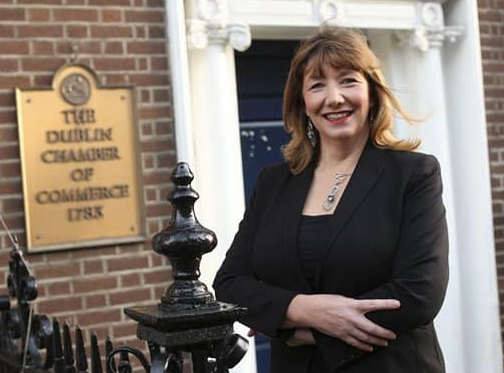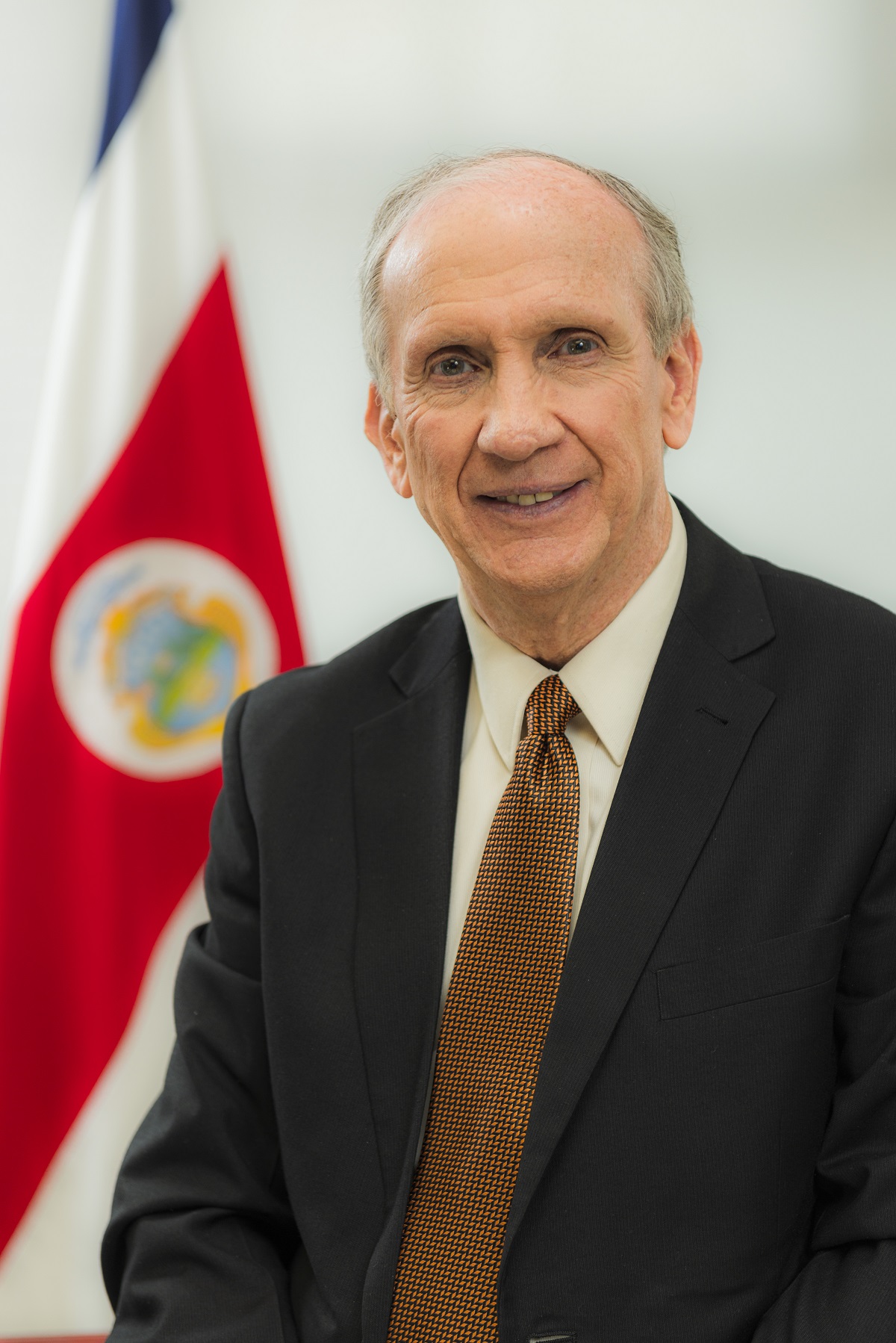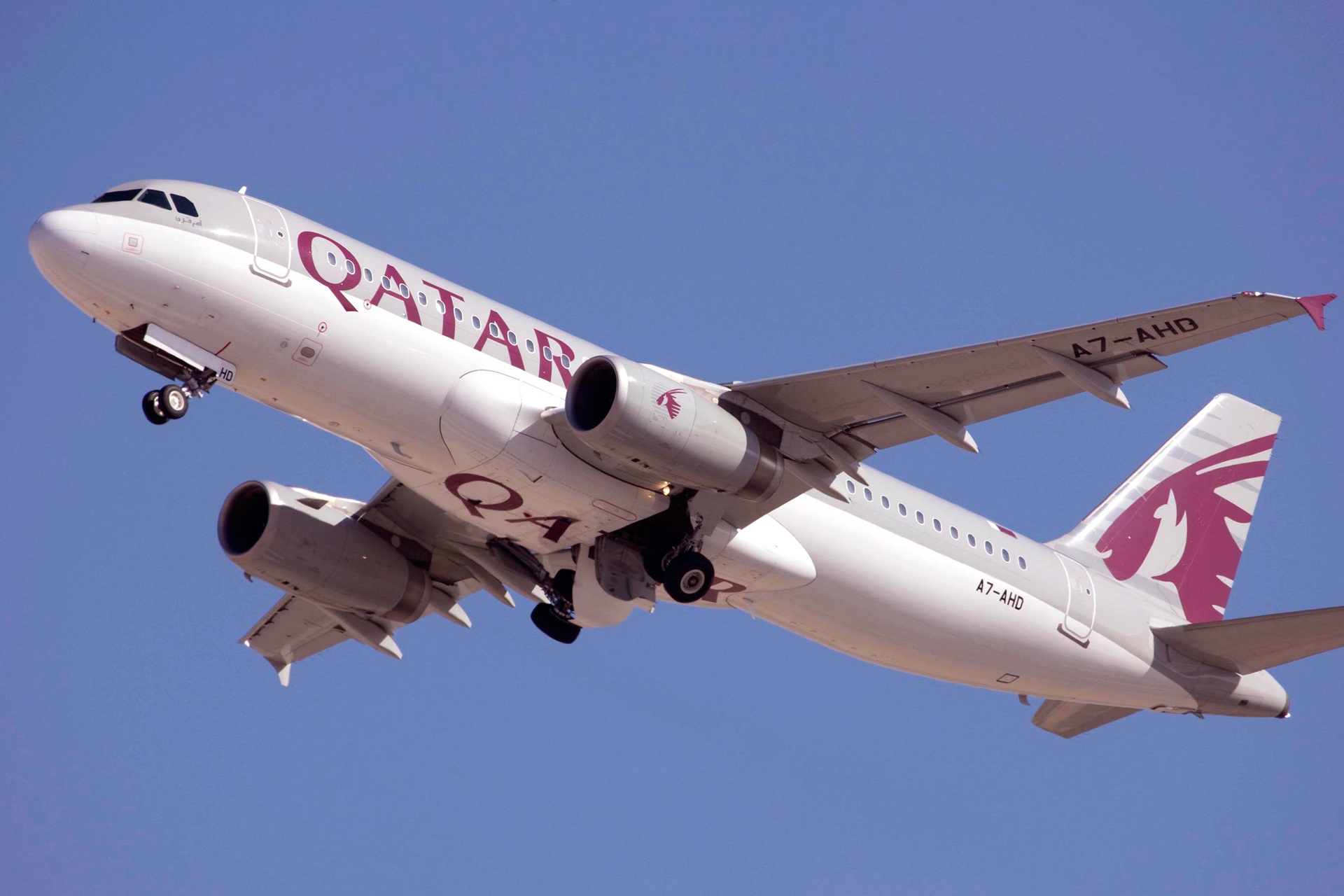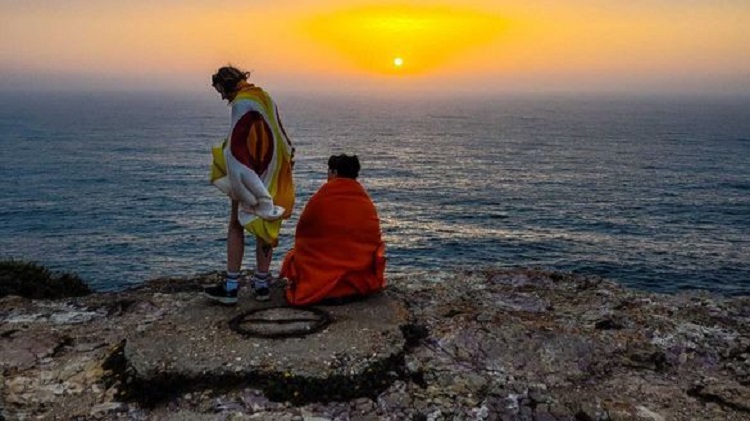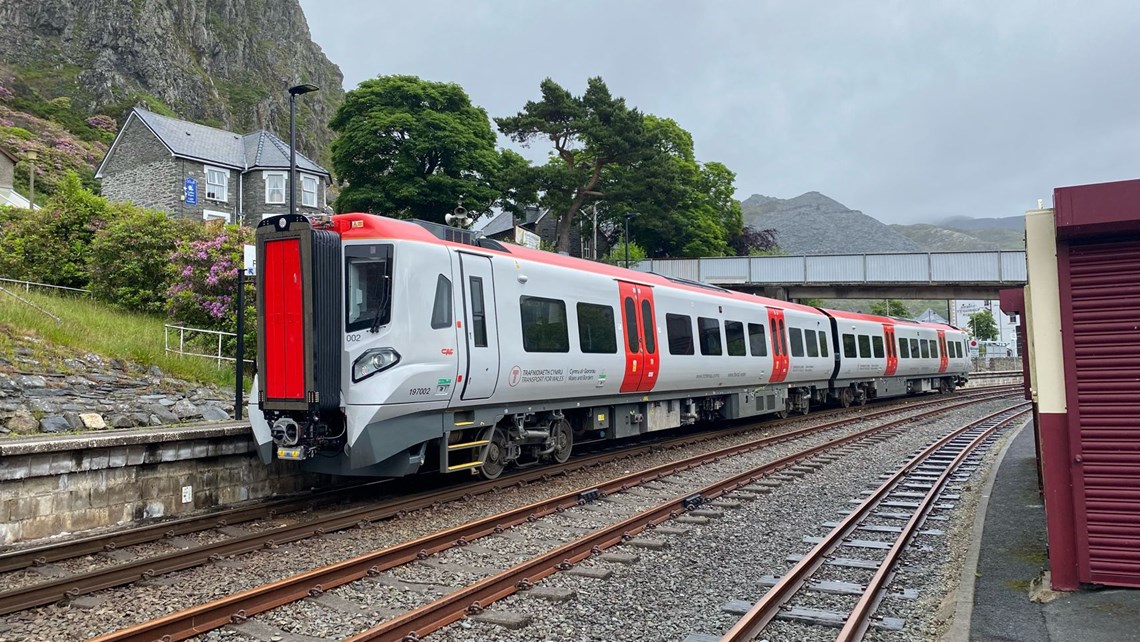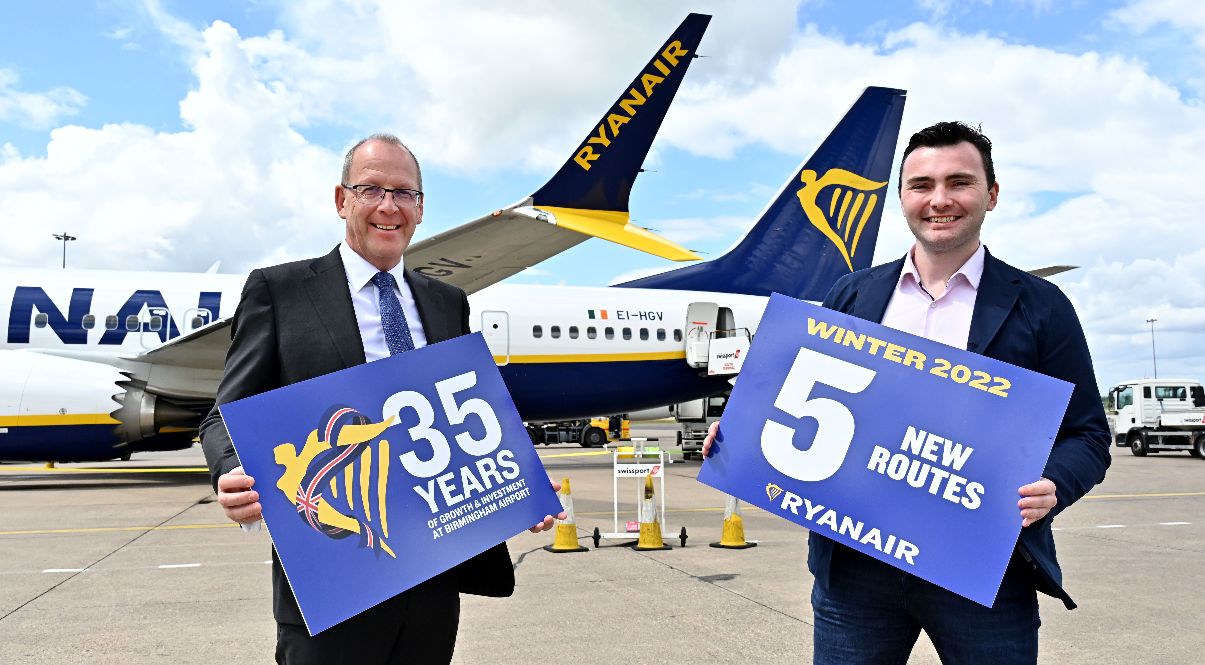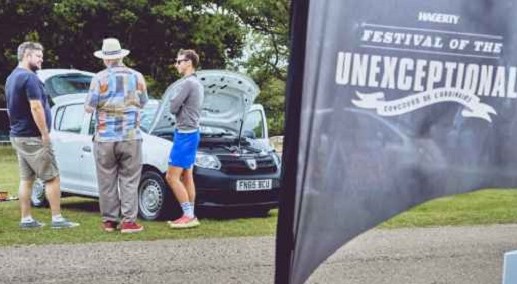Costa Rica appoints new Tourism Minister
The newly elected President of Costa Rica, Mr. Rodrigo Chaves Robles, has chosen William Rodríguez as the country's new Tourism Minister, replacing Gustavo Alvarado as head of the department. As well as becoming Costa Rica's new Tourism Minister, Rodríguez will also be head of the Costa Rica Tourism Board (ICT) from now on.


